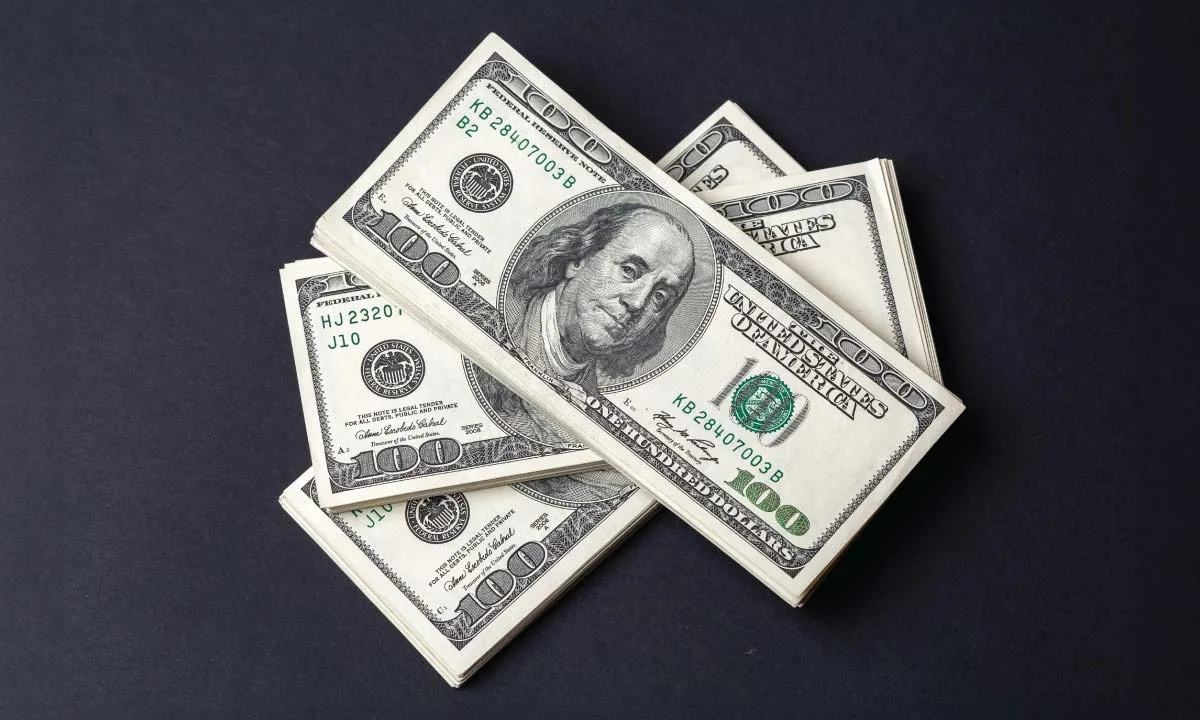Despite years of speculation about the decline of the U.S. dollar, one currency expert says the greenback isn’t stepping down anytime soon — mainly because no viable alternative exists yet.
In an op-ed for Foreign Affairs, Eswar Prasad, senior professor at Cornell University, argues that while former President Donald Trump’s trade wars, attacks on the Fed, and fiscal policy missteps have weakened global confidence, the dollar’s dominance endures because no rival currency is ready to take its place.
“The dollar’s dethroning is unlikely if other countries don’t seize the opportunity to supplant it,” Prasad wrote. “It appears that they are unprepared to do so.”
Why No Currency Can Replace the Dollar — Yet
Major economies like China, Japan, and the eurozone face issues that make their currencies less appealing:
China restricts capital movement and limits central bank independence.
Europe deals with political infighting and institutional fragility.
Japan suffers from prolonged low growth and rising debt levels.
This leaves global investors with no real alternative to the dollar when seeking liquid, high-quality assets for international trade and reserves.
De-Dollarization Is Real — But Slow
While there are growing signs of a “sell America” trend — with foreign investors cooling on U.S. Treasuries and the dollar — Prasad believes these moves may be short-term reactions to tariff-driven inflation and market volatility, rather than structural shifts.
There are hints of a buyers’ strike, with investors possibly reaching their limits on U.S. debt exposure, especially as deficits balloon. Yet rivals’ currencies lack the depth and liquidity needed to absorb major capital flows.
“This resilience is less about American strength and more about the weaknesses of the rest of the world,” Prasad notes.
Political Instability Could Change the Equation
Prasad warns that financial power can shift “gradually, then suddenly.” The potential for Trump to return to power and replace Fed Chair Jerome Powell could erode confidence if institutions appear politicized.
Still, given the state of the global economy, even a fragile dollar seems stronger than its peers — at least for now.

